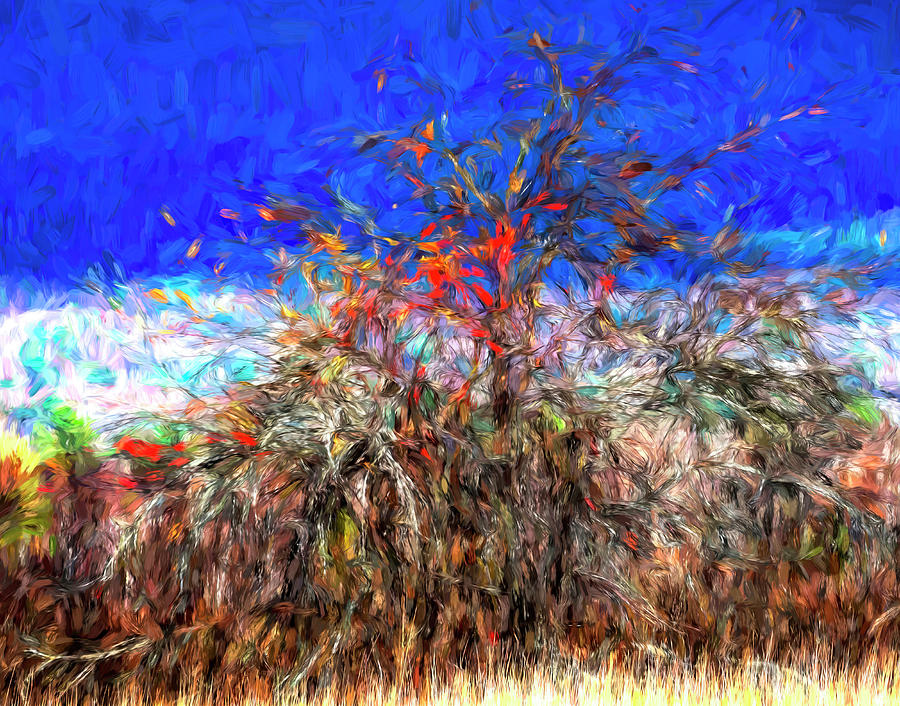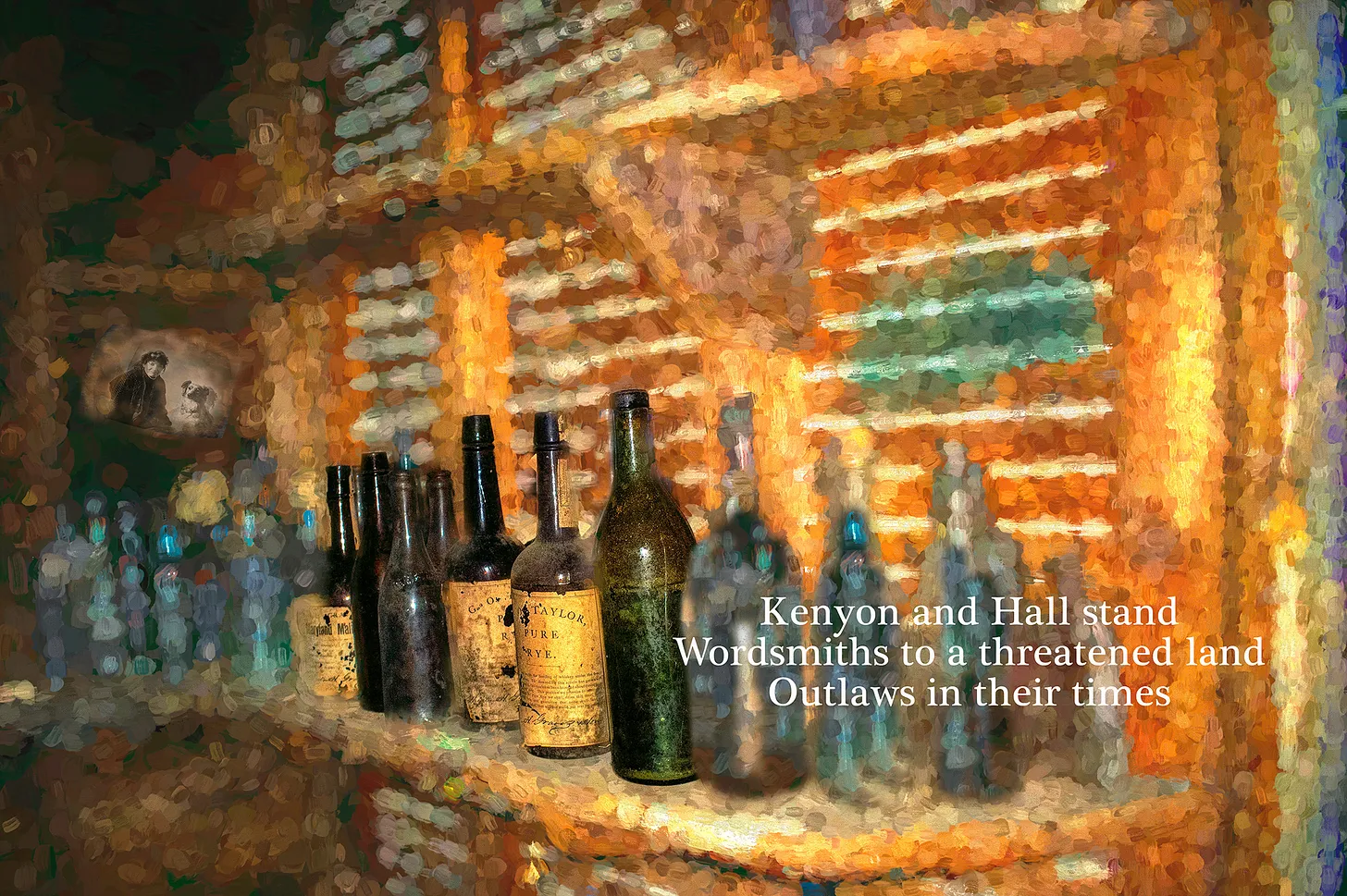Richard J. Daschbach
Monday, April 24, 2023
EP 93 Judge Richard Daschbach - "A Lucky and Blessed Life"
Saturday, April 22, 2023
EP 92 Edith Tucker - Journalism and Life: Purpose Driven and Down to Earth
 |
| Edith Tucker |
Edith Tucker
 |
| Butternut Mist Originals Open edition Prints |
 |
| On the Wings of Eagles |
 |
| Highland Storm #2 - Rain on the Lupine Signed Original Edition of 5 Open edition print - unsigned |
 |
| Colors Over Franconia Notch |
 |
| Corn Washout |
Sunday, April 16, 2023
Donald Hall & Jane Kenyon - Outlaws in their Time
An Outlaw's Lament
Remembering Jane Kenyon and Donald Hall
An Outlaw’s Lament
Kenyon and Hall stand
Wordsmiths to a threatened land
Outlaws in their times
~ Wayne King
April is National Poetry Month
There is grave danger to any writer or artist in the act of writing a poem about an internationally renowned poet - to say nothing about two of them. Yet, as usual, I am drawn to the task as a moth to a flame.
Among the great love stories of our time was the love shared between the poets Donald Hall and Jane Kenyon. Theirs was a love for the ages but it wasn’t just a love for one another, it was a love for the land.
I met them in 1989 when we teamed up to save a large swath of land on the side of Mount Kearsarge, introduced by our mutual friends Kenison Smith and Mary Lyn Ray. As a State Senator, my task was to work on efforts to help with the funding of the purchase of conservation easements in the area.
In 1989, the Kearsarge Regional Land Trust was established to protect the land around Mt Kearsarge. The organization works to conserve and protect the natural resources and scenic beauty of the region, as well as to promote public access and education.
Donald Hall and Jane Kenyon, as well as another very prominent Poet, John Hay, were supporters of the Kearsarge Regional Land Trust and played a part in its preservation efforts. They were passionate about the natural beauty of the region and recognized the importance of preserving it for future generations.
In 2001, the Donald Hall-Jane Kenyon Literary Trail was established by the Kearsarge Regional Land Trust as a way to honor the contributions of Hall and Kenyon, to encourage visitors to explore the natural beauty of the area. The trail includes stops at places that were important to them, such as their homes and favorite hiking trails.
Original signed image














